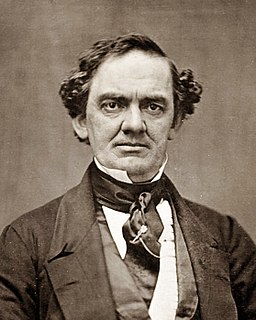A Quote by Billy Graham
A suffering person does not need a lecture - he needs a listener.
Related Quotes
Each creature walks a perfect earth. Each one gets the suffering and comfort that he needs. When ALL cravings and needs are satisfied, each bit of Soul, merges again with the One.The amount of joy and suffering in the world is always counterbalanced. One person's evil can terrify thousands, but one person's good can succour thousands too.
The world is full of suffering. Birth is suffering, decre- pitude is suffering, sickness and death are sufferings. To face a man of hatred is suffering, to be separated from a beloved one is suffering, to be vainly struggling to satisfy one's needs is suffering. In fact, life that is not free from desire and passion is always involved with suffering.
This whole society, up to now, has been very violent with the individual. It does not believe in the individual; it is against the individual. It tries in every possible way to destroy you for its own purposes. It needs clerks, it needs stationmasters, deputy-collectors, policemen, magistrates, it needs soldiers. It does not need human beings.
I think, to be a great conversationalist, you need to be interested in being in said conversation. Oddly enough, I think you need to be a great listener, and I do think I'm a good listener. I think that's my asset - I always listen to people when I talk to them, and that's a big thing you have to have in life and in podcasts.
The State which would provide everything, absorbing everything into itself, would ultimately become a mere bureaucracy incapable of guaranteeing the very thing which the suffering person—every person—needs: namely, loving personal concern. We do not need a State which regulates and controls everything, but a State which, in accordance with the principle of subsidiarity, generously acknowledges and supports initiatives arising from the different social forces and combines spontaneity with closeness to those in need. The Church is one of those living forces.



































